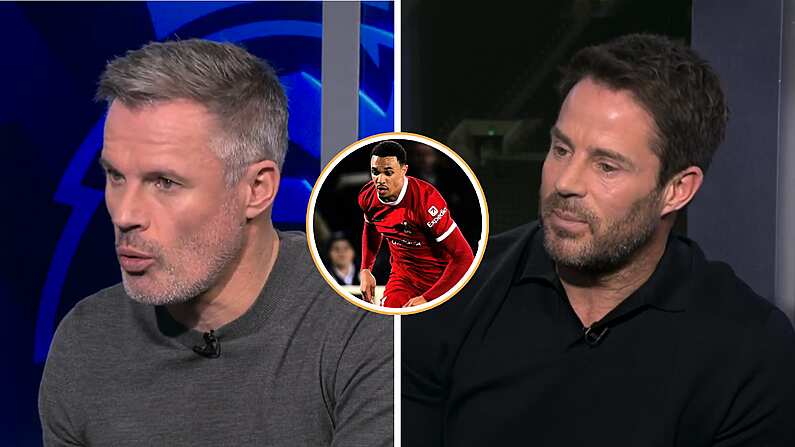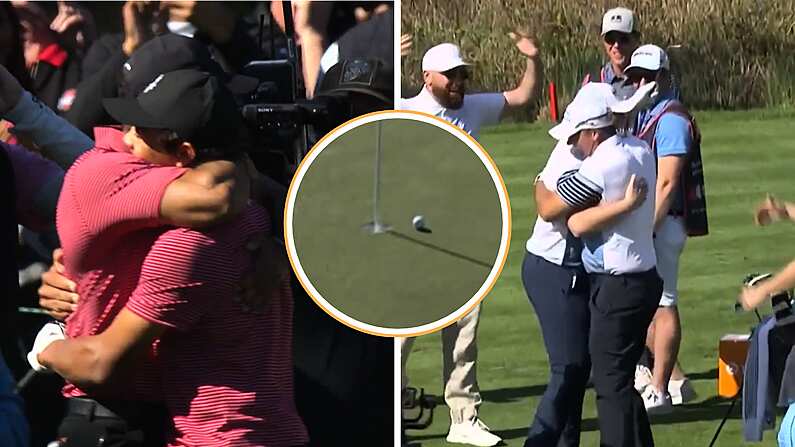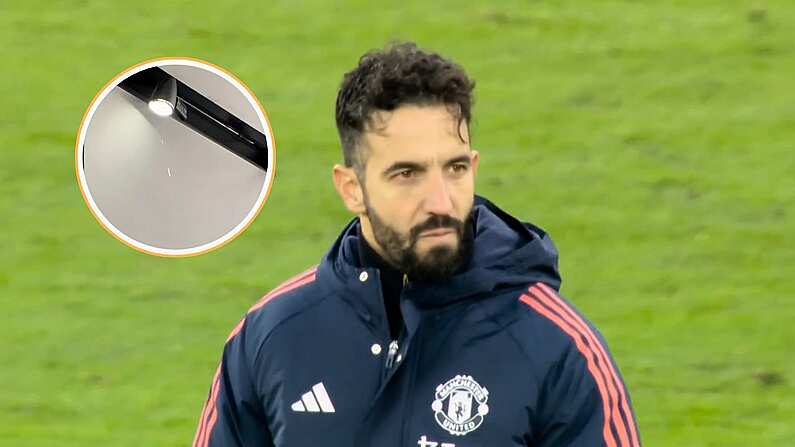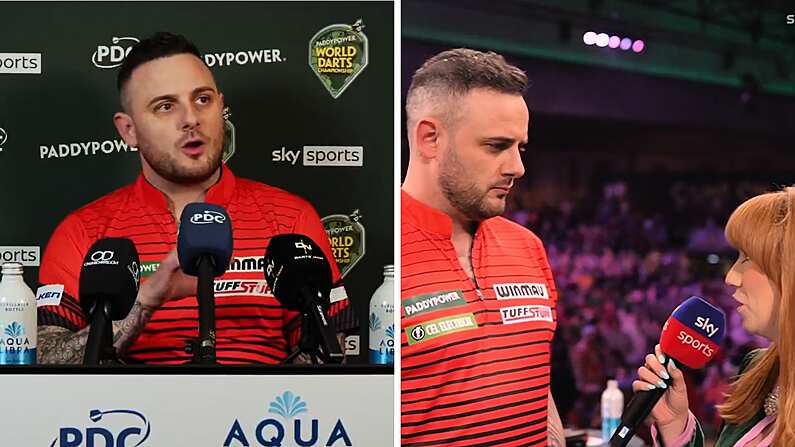Today is World Mental Health Day, a day for mental health awareness, education, and advocacy.
A lot is being done to remove the social stigma around admitting that someone is struggling with a mental health problem, and we at Balls.ie wish to draw further attention to the men and women of Irish sport who have helped to raise awareness over this sensitive issue.
Conor Cusack
Former Cork hurler Conor Cusack was invited to discuss his mental health issues on Prime Time and what resulted was an inspirational piece about a man's struggle with depression.
The Gaelic Players Assosciation
Several Irish footballers and hurlers aided the GPA in producing this excellent video encouraging those who are experiencing difficulties to speak to someone.
Liam O'Neill and The GAA
The GAA have made mental health a focus in 2014 and worked with Samaritans to encourage more people to seek help if they are struggling to cope.
Richie Sadlier
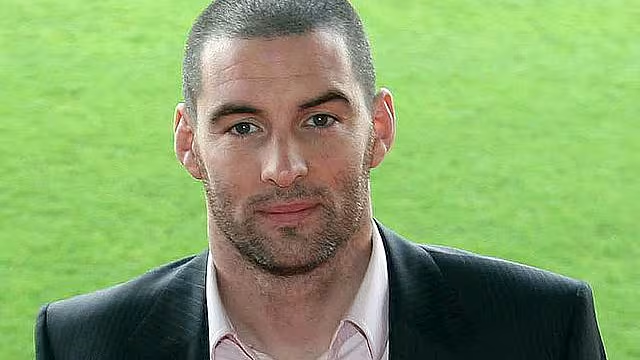
Speaking at a "Over The Bar", a mental health awareness event held in Dublin in 2012, Sadlier said the following:
It was a fun, competitive environment but if you started talking about your feelings or feeling down or negative, you’d be mocked, not understood. You’d be giving a coach a reason not to pick you. The most important thing to a team is the next game and you’ve got to demonstrate that you have what it takes, you’ve got the mental strength. If you have it you’ll be picked. The coaches are the last people you’d tell if you were struggling. You get respect for playing through pain and being tough and that’s for injuries you can see, if it’s an invisible injury, there’s no room for that. People think it’s not possible to be suffering if you’re doing what you love and you’re successful at it. However, the Professional Footballers Association (PFA) now has a confidential counselling service that players can use without having to go through their managers.
David Gillick

Also speaking at "Over The Bar" Gillick gave a personal example of when he was struggling and encouraged more effort to support those who speak out.
In eight years I’d no injuries and one day I’m out running and I got injured. I was away in the states on my own dealing with it myself. All I could think was "the Olympics, shit, the Olympics". I fell into a very negative hole even though I had a year to go to London and I found myself lost .I had physios but the mental injury was deeper. I was ringing my family telling them everything was great. People’s attitude has to shift to a holistic view of a player’s life, not simply his athletic performance and there needs to be systems in place to support people who do speak out.
Joe Schmidt
Joe Schmidt helped to launch the 'Sport your Mind' initiative, a series of youth mental health seminars for rugby clubs in the Midlands.
Players train two or three times a week in an effort to improve their physical ability but the 'Sport your Mind' events encourage youngsters to understand that their mental health needs a work-out from time to time as well. It's great that Midlands Rugby clubs are hosting the delivery of these events by HSE Midlands Health Promotion & Improvement. 'Sport your Mind' introduces basic foundational information on Youth Mental Health, suitable for community-active sports settings, highlighting early warning signs of mental health difficulties among young people and the range of support services available to young people in need of additional support.
Alan Quinlan
Former Munster and Ireland star Alan Quinlan talked about coping with depression for health and sports week 2012.
For more information see:
www.mentalhealthireland.ie
@MentalHealthIrl on twitter
facebook.com/Mental.Health.Ireland
Mental Health Ireland Helpline: 01-4433890
Or you can text MHI to 50300 to donate €4 to Mental Health Ireland.



